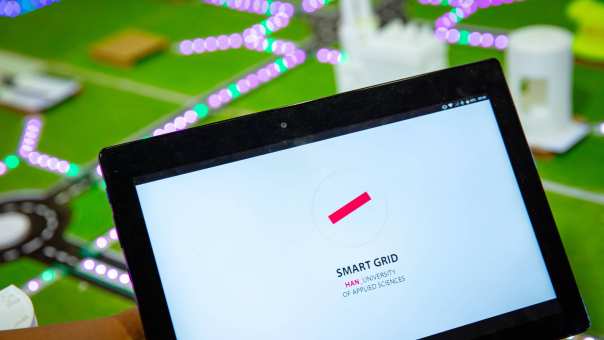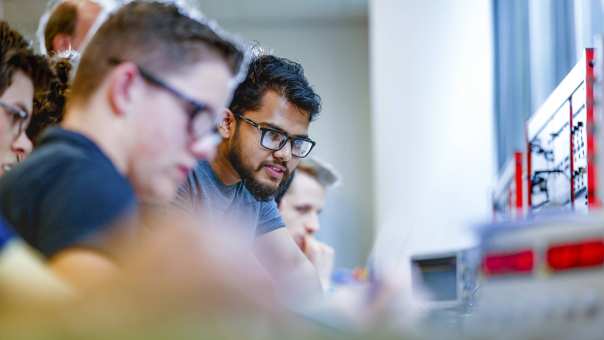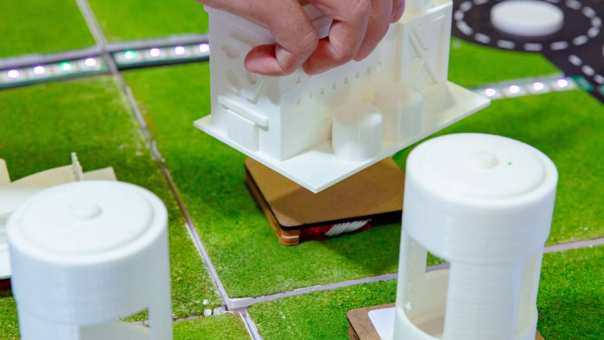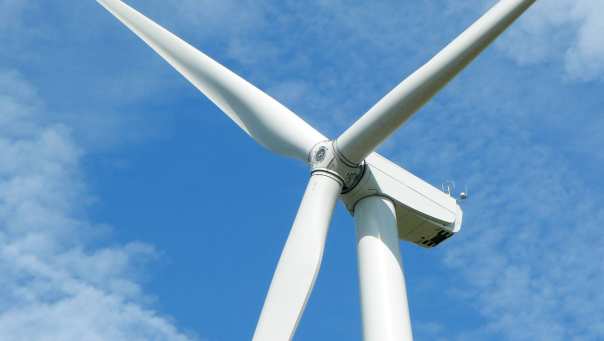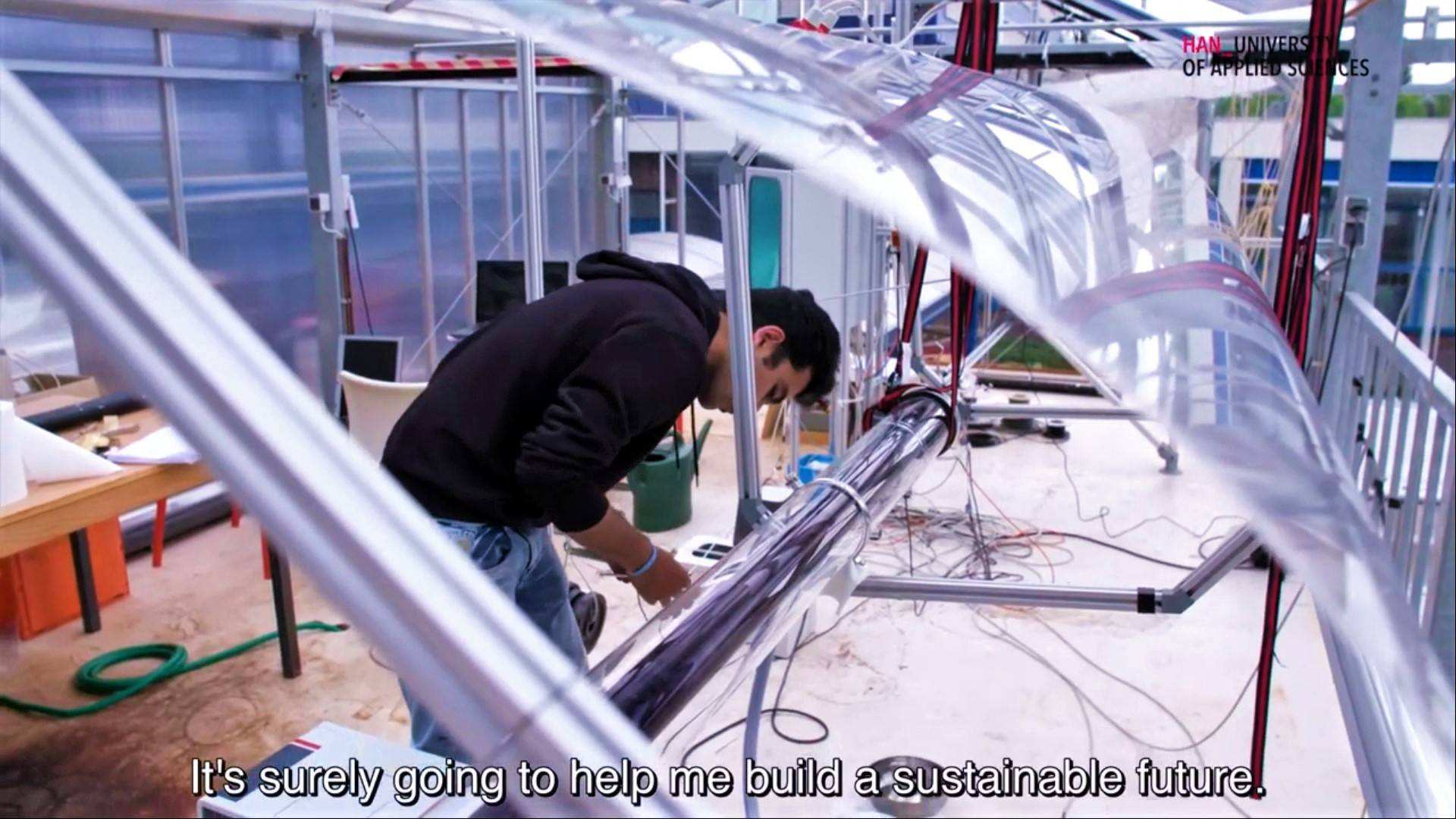Master Engineering Systems: Sustainable Energy Part-time
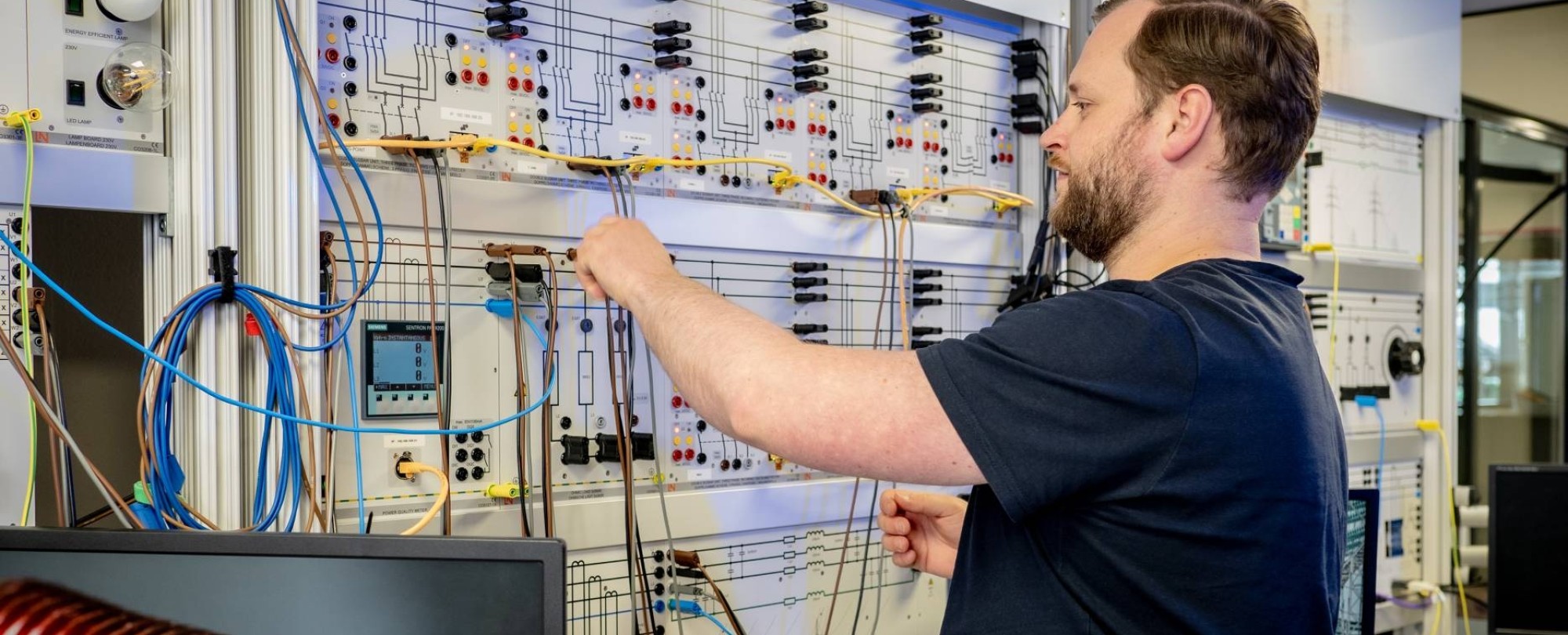
The program starts 1 September 2025
Sustainable, renewable energy systems are crucial to the world’s energy transition. The world needs specialized engineers like you to develop and refine these systems. Want to become part of this highly sought-after new field? Enroll in HAN’s part-time master track in Sustainable Energy!

Who is this master for?
This part-time master program is for:
- EU/EER, Swiss or Surinamese citizens
- Expats with a valid Dutch residence permit
- Refugees with a valid Dutch residence permit
Don’t fit into one of these categories? Unfortunately, you can’t apply for the part-time program. But you can apply for the full-time program.

Skills and future job prospects:
Completing this master degree makes you an authority in the field of Sustainable Energy Systems. You can develop the technology, models and smart controls for sustainable systems. Systems that generate, store or distribute energy on a local, regional or international level. Future career opportunities include grid operator, energy supplier or government department engineering specialist.
Skills
These are a few of the skills you learn during the program:
- Development of techniques and models
- Modeling and control of various energy systems
- Applied research skills
Jobs
These are some of the jobs aligned with your study:
- Energy Transition Product Developer
- Energy Management Engineer
- Junior Energy Transition Consultant
- Energy and Process Technology Engineer
- Renewable Energy Project Engineer
Info for employers
Master students gain experience in professional practice, which they bring to the program in the form of actual case studies. This way, HAN’s master program curriculums reflect what’s happening in the professional field. Learn more about the benefits of this program for employers.
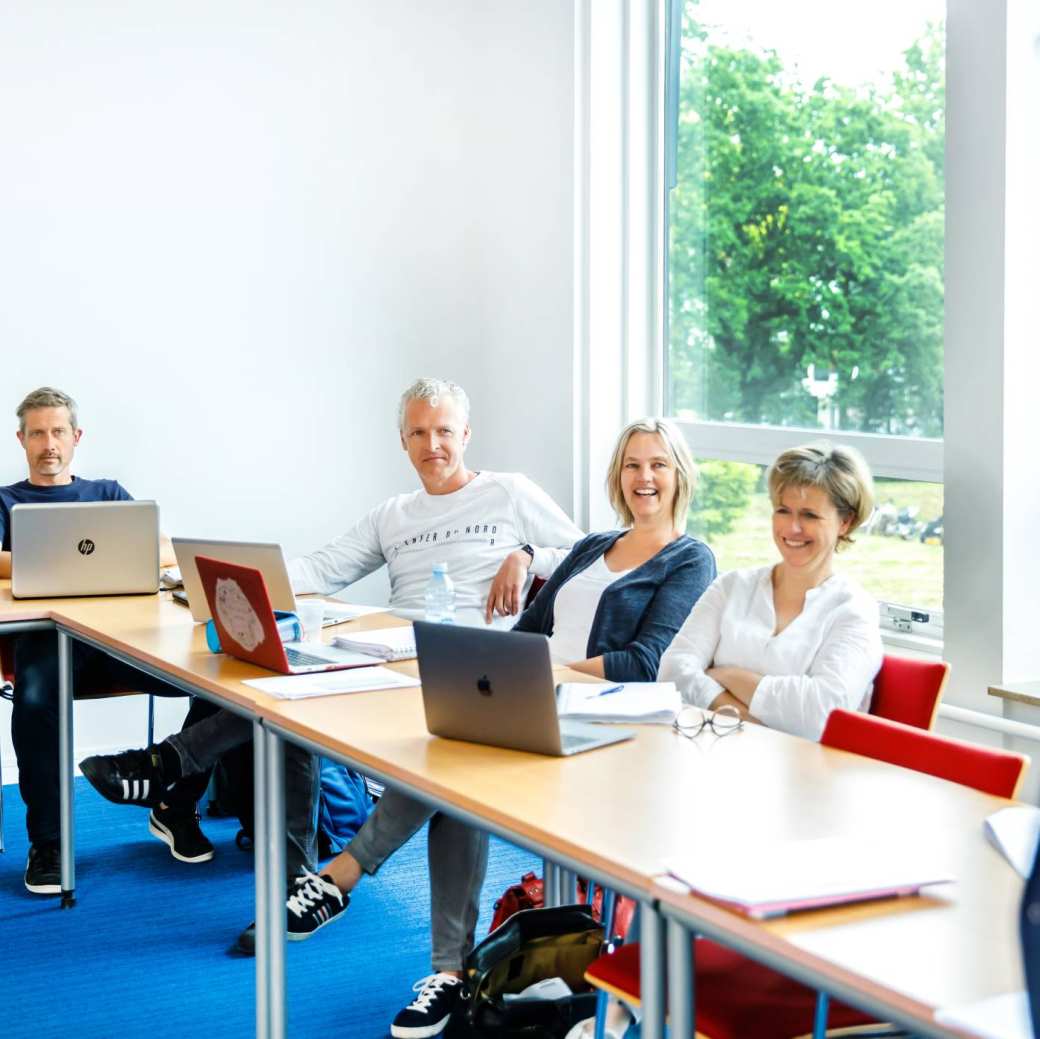
What do you learn?
HAN’s Sustainable Energy track is part of the Master in Engineering Systems, the focus of this track being sustainable energy systems. This program teaches you all about sustainable technology and energy systems integration (ESI). A portion of this program is down to your own choice. Want to focus on hydrogen technology or smart power supply? Go for it!
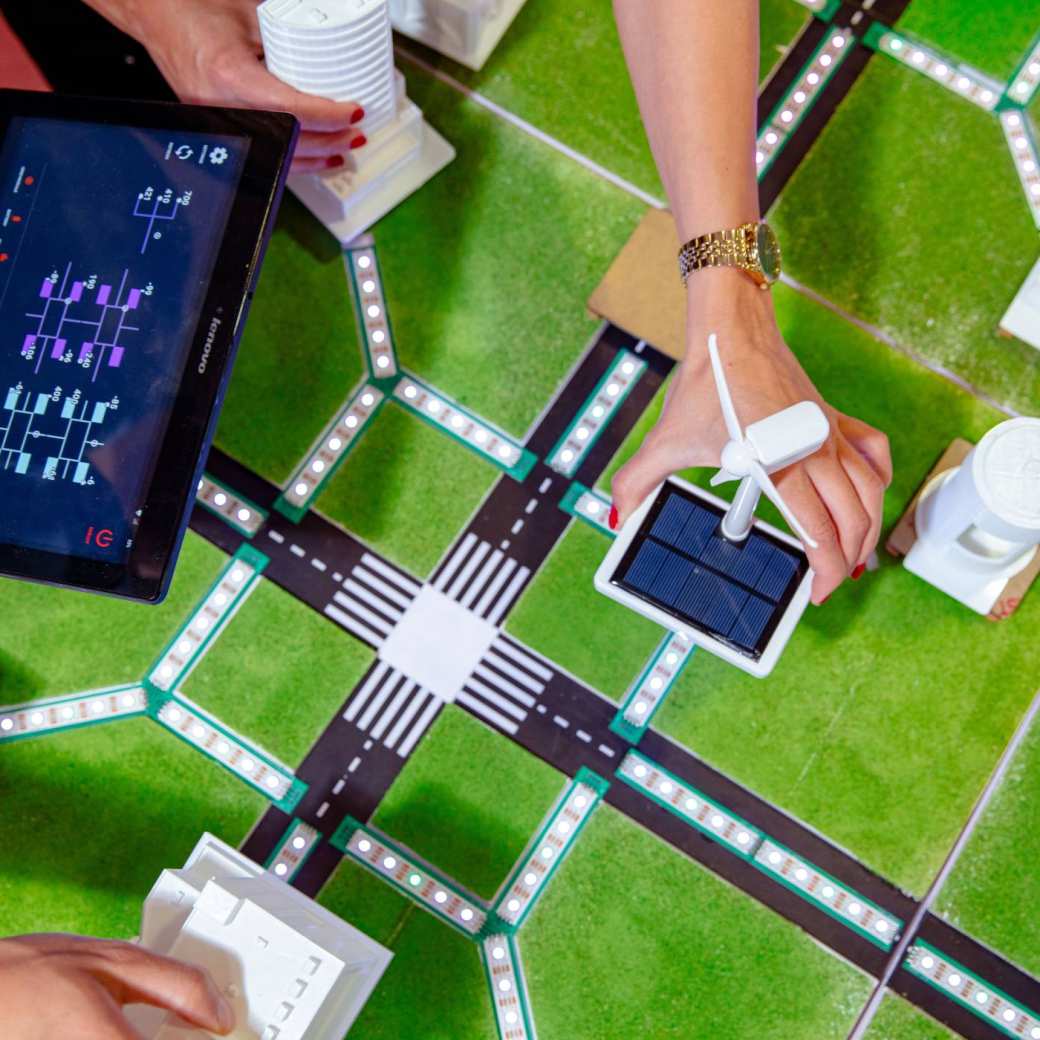
Part of the Master in Engineering Systems
Sustainable Energy is a track within the Master in Engineering Systems. So when you apply on Studielink you choose Engineering Systems. Then you indicate the track you wish to follow. In this case, Sustainable Energy. Other tracks in the Master in Engineering Systems are
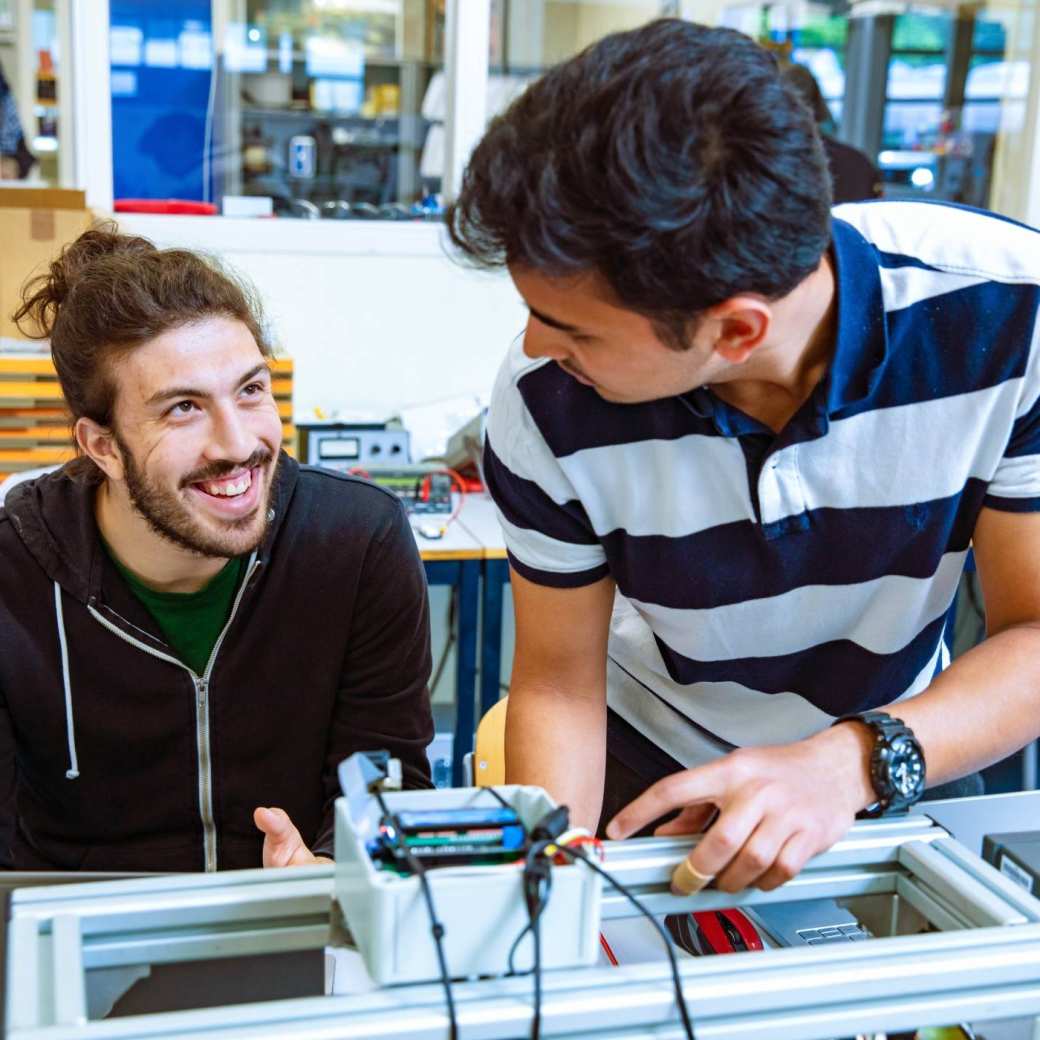
Combining a study with work and private life takes some getting used to. But organize it properly and it's easier than you think. You get so much more in return!
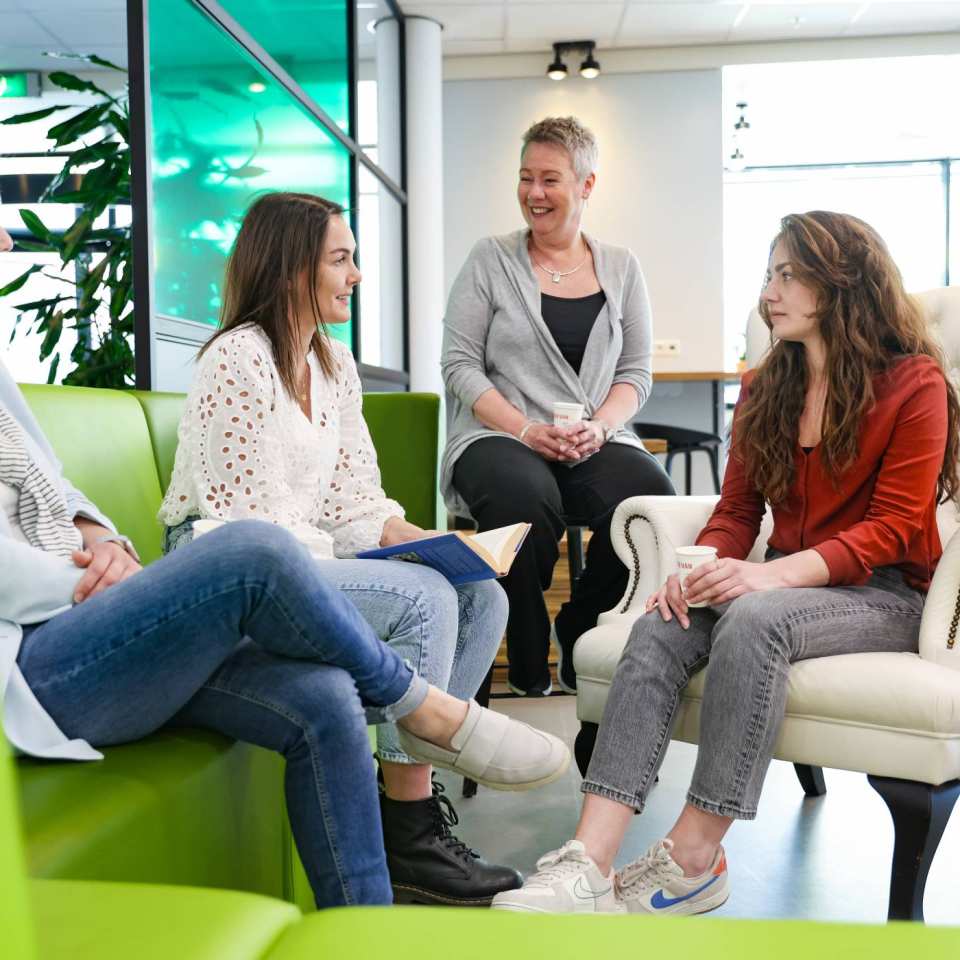
Part-time or full-time
You can also study the Sustainable Energy track in full-time. In that case, the program duration is 1.5 years. Wondering which is best for you? Arrange a meeting with us – no strings attached.

The Dutch way of learning
The atmosphere in a Dutch classroom is quite informal and your lecturers are easy to talk to. In fact, at Dutch universities like HAN, you’re seen as a partner in the learning process. Class sizes are small and your lecturers encourage you to actively participate in class. To ask questions. To give your own opinion. They also stimulate you to be creative. And to discover things for yourself.
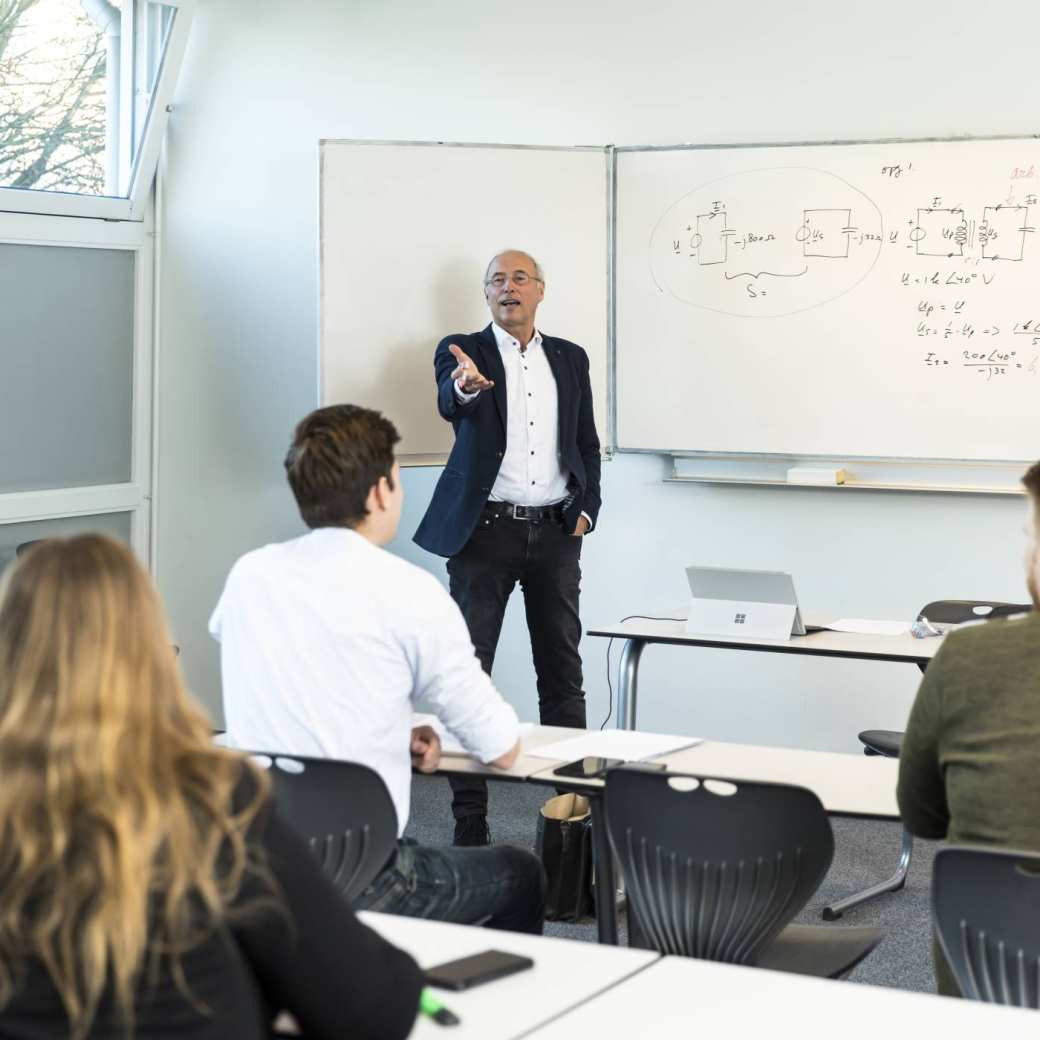
Contact us
Contact us at HAN Technical Masters.
We're happy to help with all your questions!
Program
Get the full content of the modules that make up this program.

